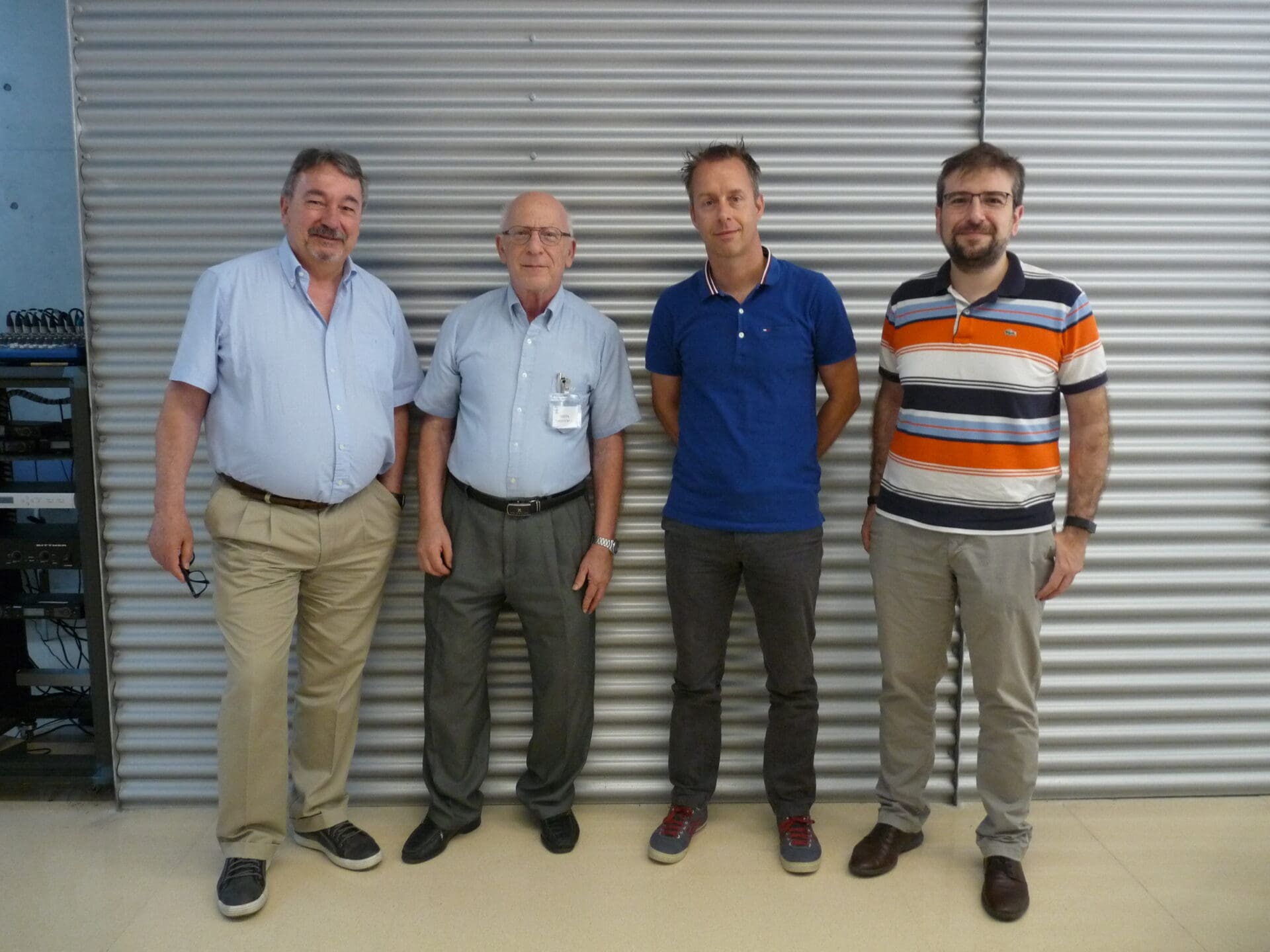
 23/06/2017
23/06/2017
 12:00 h
12:00 h
 ICIQ Auditorium
ICIQ Auditorium
- Lecturer: Prof. Barry M. Trost
- University: Stanford University (USA)
- Sponsored by:

A Challenge For Total Synthesis of Bioactive Targets: Atom Economy
A major challenge for synthesis is the enhancement of efficiency. While most attention has focused on selectivity, the question of how much of what goes into the pot actually ends up as product, which I refer to as atom economy, is equally significant. This goal addresses the twin issues of better use of raw materials in order to conserve valuable resources and minimization of the generation of waste to reduce disposal issues. There are two strategic aspects. In one, efforts are made to improve existing processes. A second and, even more challenging one, is to invent new processes. This latter alternative also has the advantage of providing for new strategic concepts for constructing complex molecules that could further streamline syntheses.
The first step is to invent reactions that theoretically are capable of having maximal atom economy or nearly so. The ideal reaction is an addition. A description of a research program that asks the question of whether new addition reactions can be rationally invented is explored. A key element is the utilization of catalysis involving alkynes as key building blocks. The chemistry largely involves simple additions wherein anything else is needed only catalytically. Using a mechanism based approach, a number of new catalytic reactions is under development. The applications of some of these to interesting biomolecular targets is the mechanism to illustrate the utility of these processes. The focal point is the new strategic approach that becomes possible and its ability to lead to concise total syntheses.
Other events

Let's create a brighter future
Join our team to work with renowned researchers, tackle groundbreaking
projects and contribute to meaningful scientific advancements




















